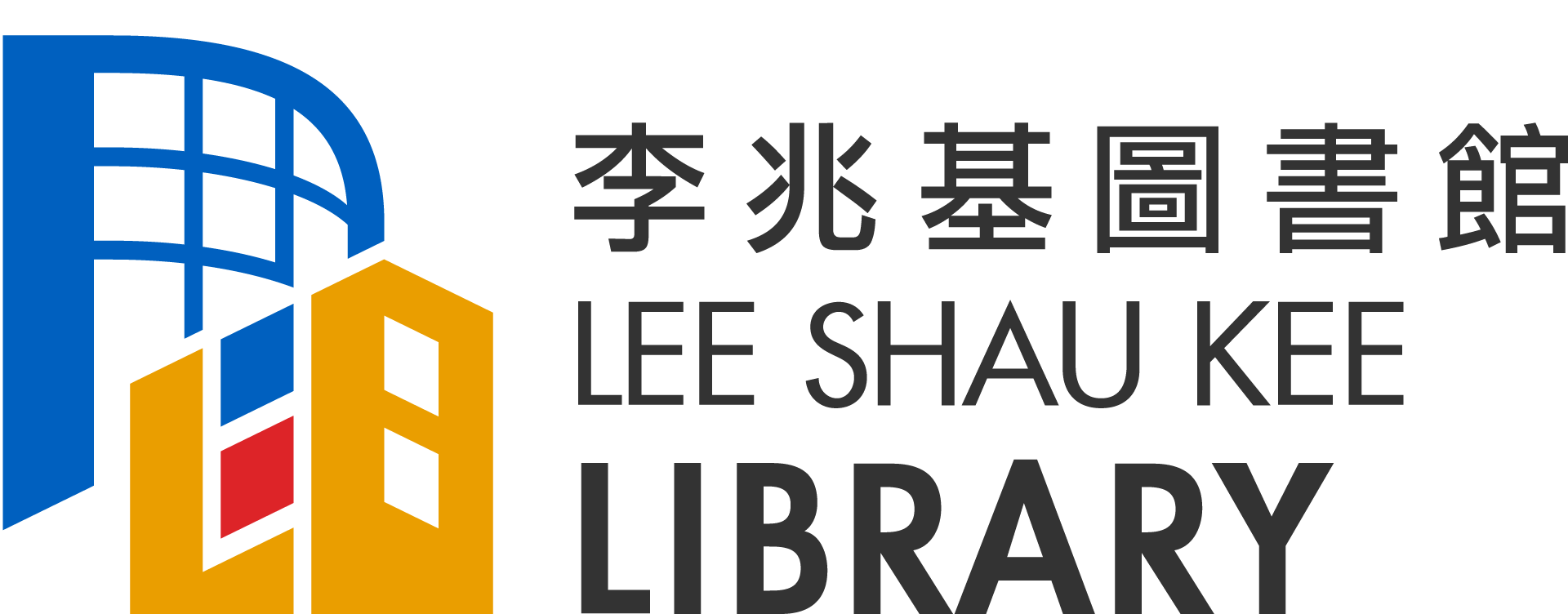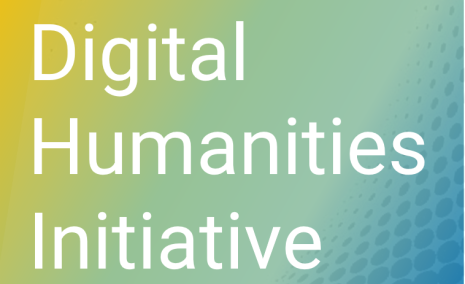Research Bridge
Join us on 11 April for an online talk with Dr. Mia Ridge, British Library’s Digital Curator. This talk will explore how AI and machine learning are changing information process and generation in libraries, archives, and museums.
Digital Humanities
Research Bridge
We are pleased to announce that the Library has launched an Open Subscription agreement with the American Institute of Mathematical Sciences (AIMS).
Academic Publishing











